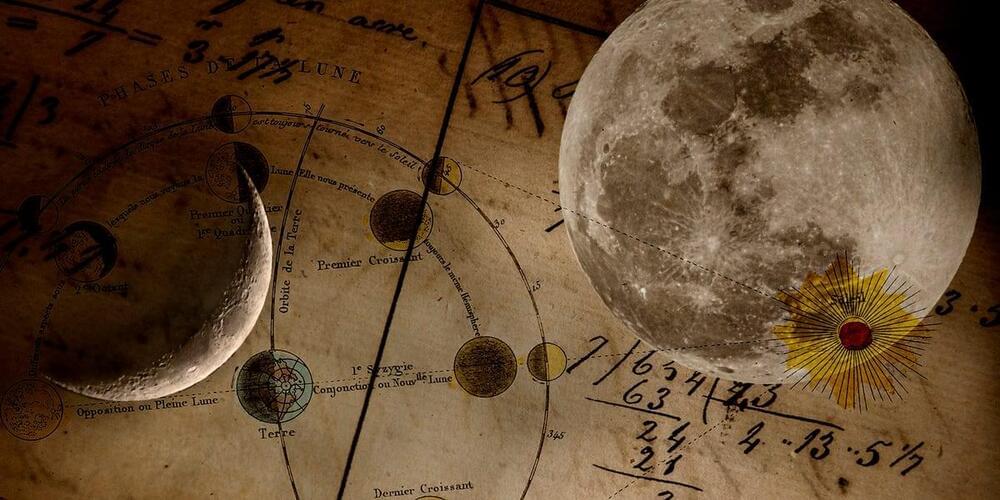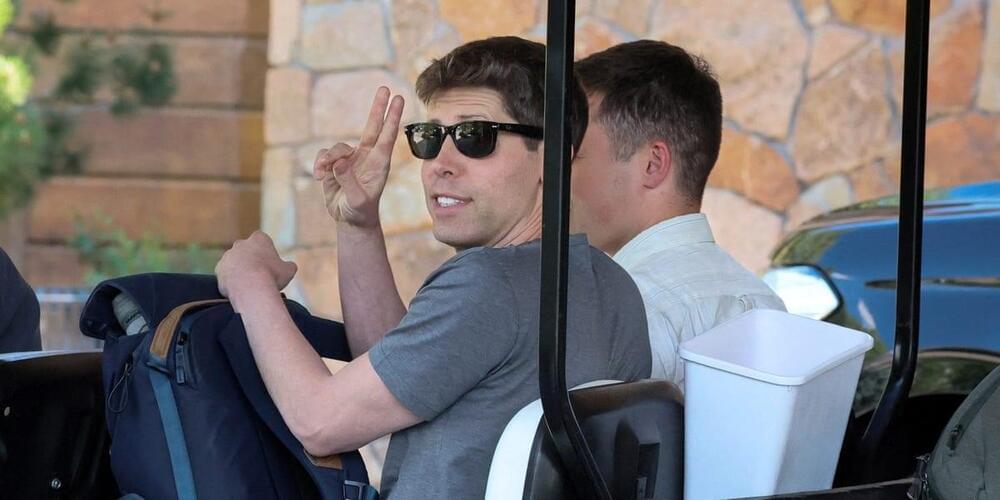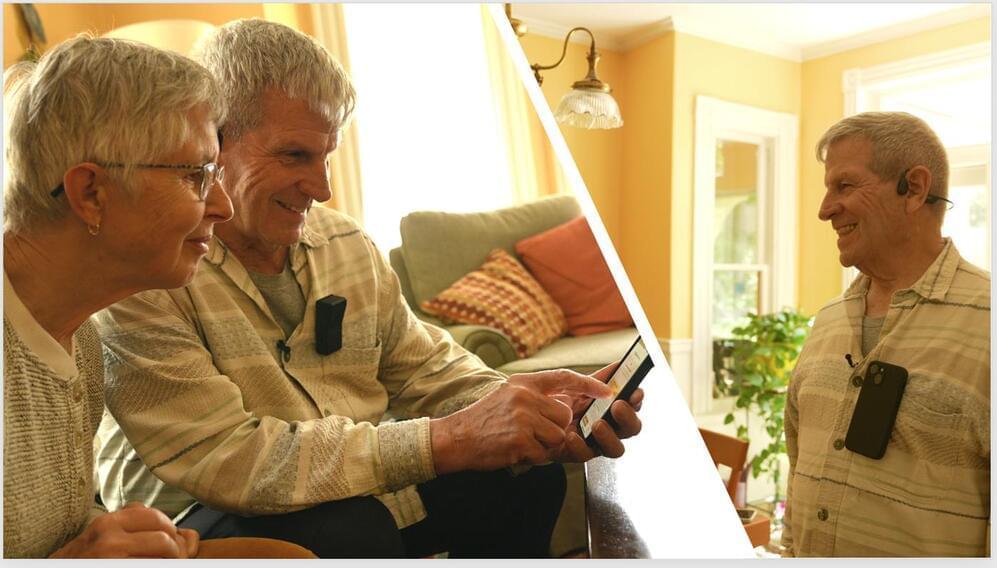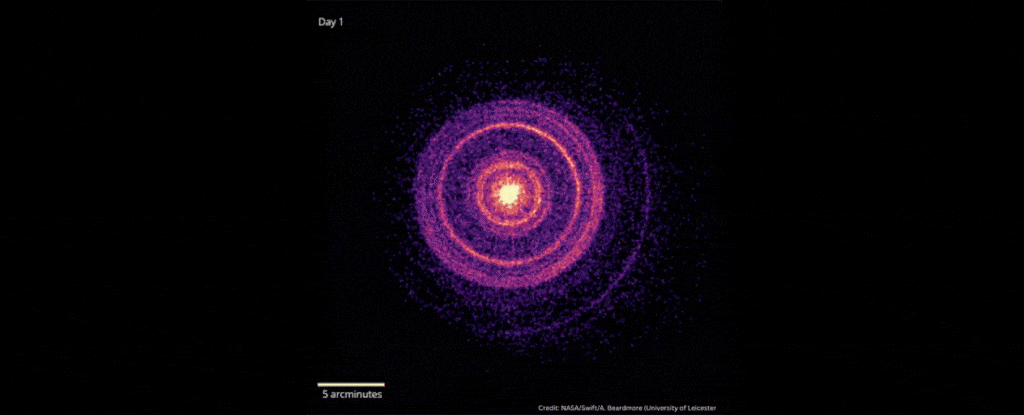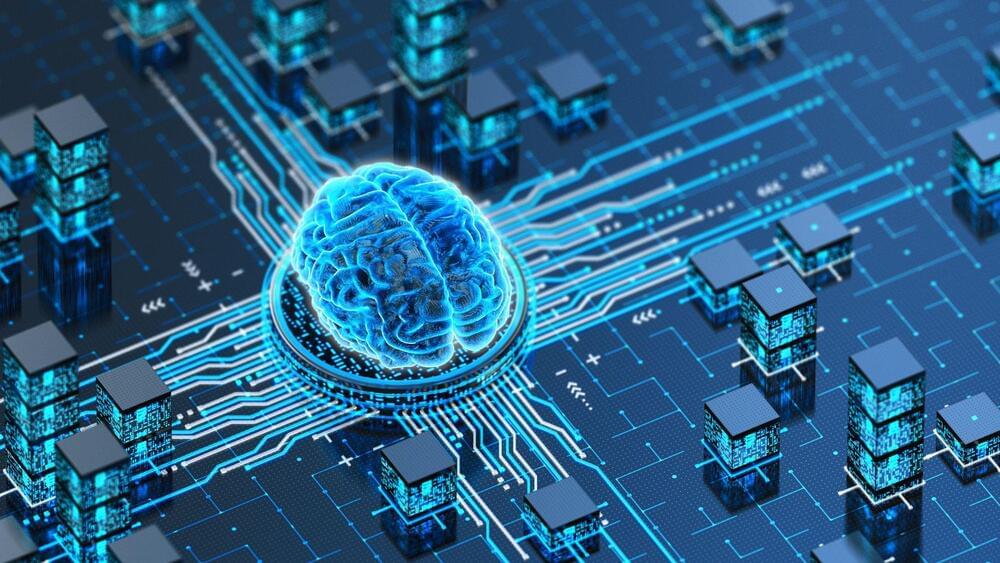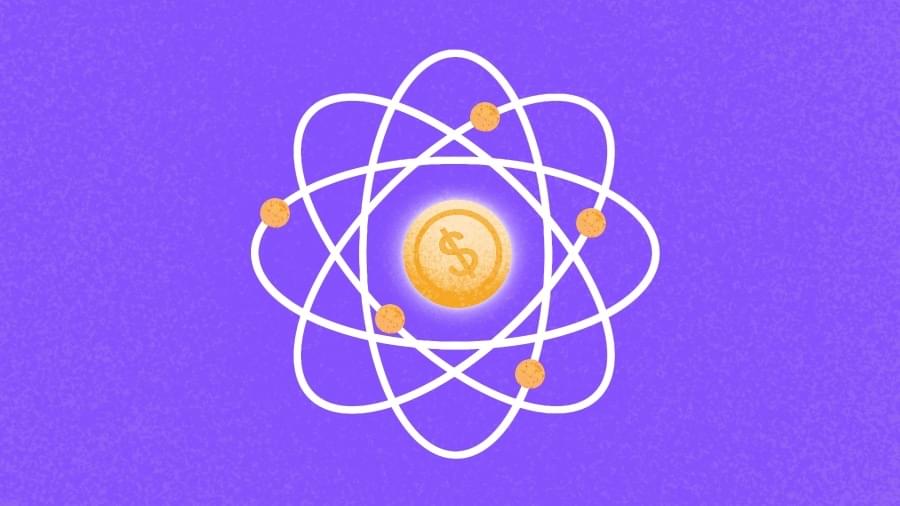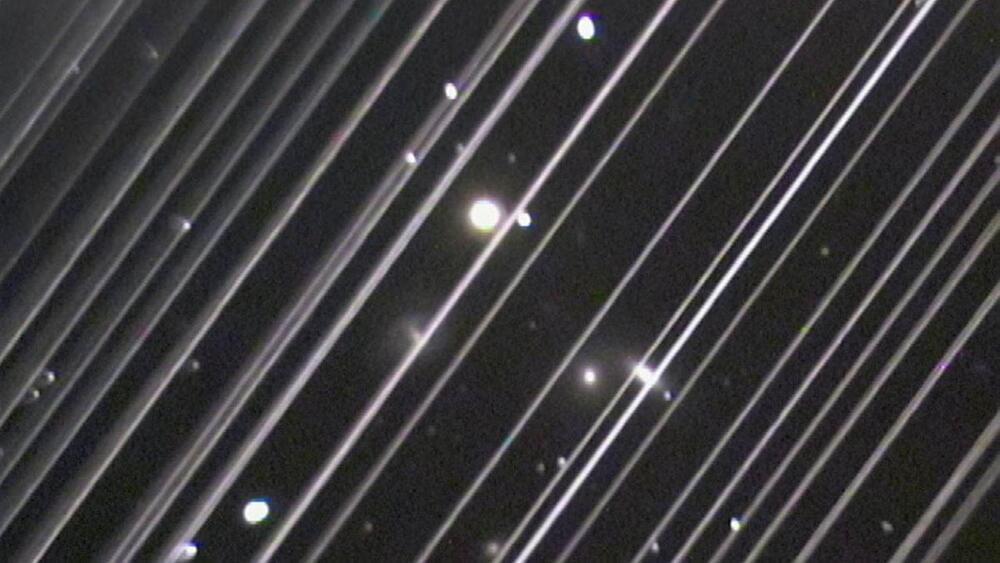Aug 6, 2024
Carvings at Göbeklitepe could be World’s Oldest Calendar
Posted by Genevieve Klien in category: space
Experts suggest that markings on a stone pillar at the 12,000-year-old Göbeklitepe archaeological site in Türkiye probably represent the oldest solar calendar in history, having been established as a memorial to a catastrophic comet strike.
According to a recent study from the University of Edinburgh, the markings at the location might be a record of an astronomical event that marked a significant turning point in human civilization.
Southeast Türkiye’s Göbeklitepe is well-known for its array of enormous, T-shaped stone pillars adorned with animal and abstract symbol carvings. According to recent analysis, some of these carvings might have functioned as a kind of calendar that tracked important celestial events and marked the positions of the sun, moon, and stars.


